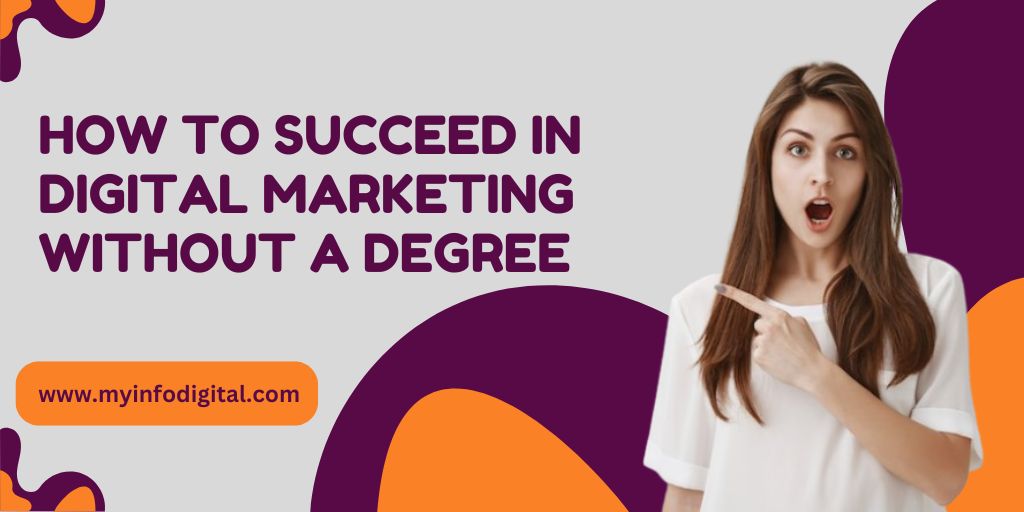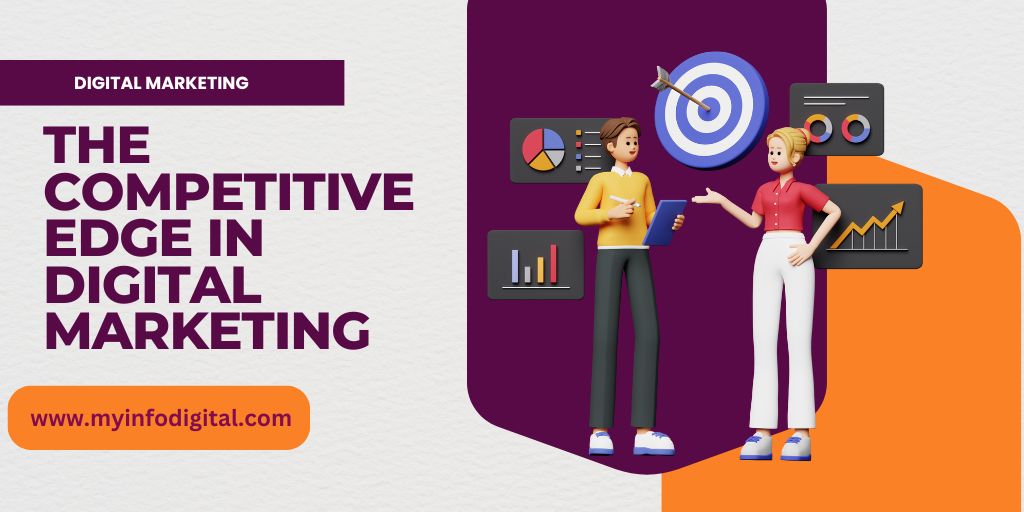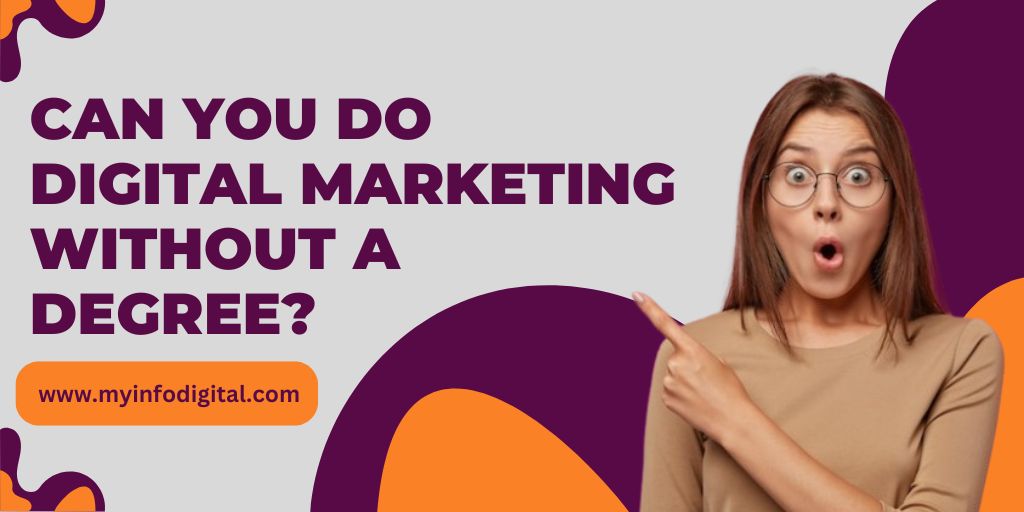How to Succeed in Digital Marketing Without a Degree

In the fast-paced world of constantly evolving digital marketing, one question keeps cropping up – do you need a degree to be successful? It’s a question reflective of the wider change in education, how we acquire skills and progress in our careers too. There are (some) professions you have to go to university for – if you want to be a doctor or a lawyer, then you’re going down that educational route. But with digital marketing? Well, it’s not as clear-cut as that.
No Degree, No Problem Digital Marketing
Let’s start with the obvious question: What even is digital marketing? Digital marketing is the promotion of products or services using digital channels to reach customers. You’re promoting your product or service online. But it’s so much more than that. Digital marketing as a whole includes things like search engine optimization (SEO), content creation, social media campaigns, data-based decisions and promotions…and everything else that goes into spreading the word about your business online. It’s part creative thinking, part analytical strategy and completely based on data and online analytics. And guess what? You don’t need a degree for any of it!
Experience Over Education Digital Marketing
Companies are increasingly wanting candidates who have hands-on experience. Certifications, portfolios, and actual results can be worth infinitely more than a formal education. What’s more valuable? Having a framed degree on the wall or a proven track record of increasing online sales for a brand? Tons of digital marketing professionals advance their careers by becoming experts at using certain tools (e.g. Google Analytics, social media management software, or SEO) or by developing a niche within an industry, and just going for it without getting some stupid Master’s Degree or wasting time in a classroom.
Platforms such as HubSpot, Google, and Facebook offer free and paid certifications which often hold the same, if not more weight with employers. Why? They demonstrate that you’re current with what’s happening in the industry. Textbooks may not always deliver this.
Bursting Through The Skills Barriers
But let’s unpack that. Yes, you can get started in digital marketing without a degree — and you don’t need to jump right into a full-fledged, four-year program. But that doesn’t mean it’s EASY. Digital marketing is one of those fields that requires a unique blend of skills and talents, and if you’re comfortable wearing multiple hats (strategist, content creator, analyst, and sometimes even graphic designer), then self-education could be just the path for you!
Consider this: marketing is storytelling. And some of the best storytellers are people who have taught themselves. They didn’t learn their craft in a classroom but by living a life of trial and error, making adjustments as they go. That’s what digital marketing requires — an ability to adjust, to be creative, and above all, a constant desire to learn.
The Competitive Edge in Digital Marketing

Now let’s not kid ourselves. Does a degree help? Yes, of course it does. It will open some doors, particularly for larger corporations or traditional agencies that are bound to that world of ‘you must have studied this before you can do it’. A degree in marketing, communications or business will without a doubt give you a step up. But smaller companies and start-ups care about what you can do not what you’ve studied.
In many cases, your portfolio will speak louder than your diploma. It’s all about results—can you increase traffic, drive conversions, and grow a brand? If the answer is yes, not having a degree won’t hold you back.
Closing Thoughts: The DIY Path
If you’re passionate about digital marketing but don’t have a degree, don’t sweat it. Many in the industry, from social media managers to SEO specialists, have carved out successful careers through self-learning, networking, and staying ahead of trends. Keep building your skills, accumulating certifications, and expanding your portfolio. A degree may be an advantage in certain scenarios, but it’s certainly not a barrier to entry.


cebbra